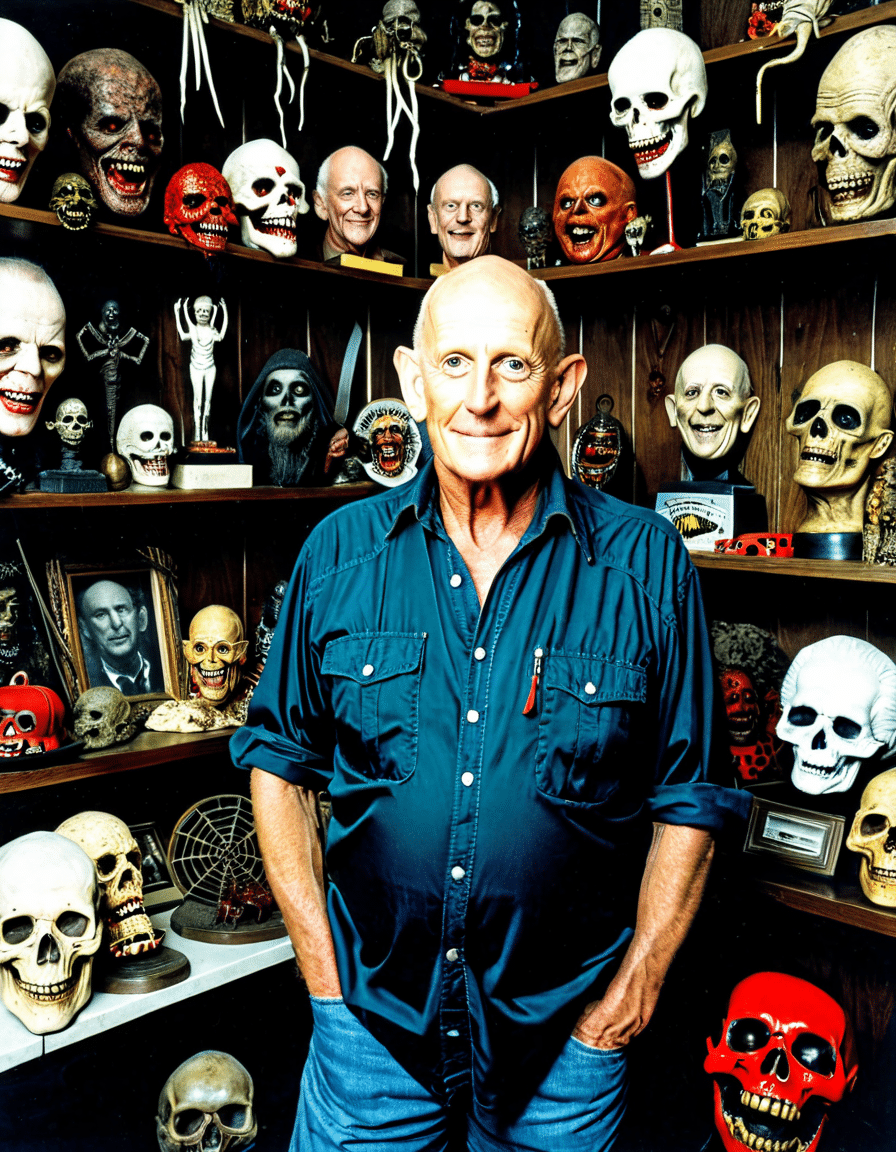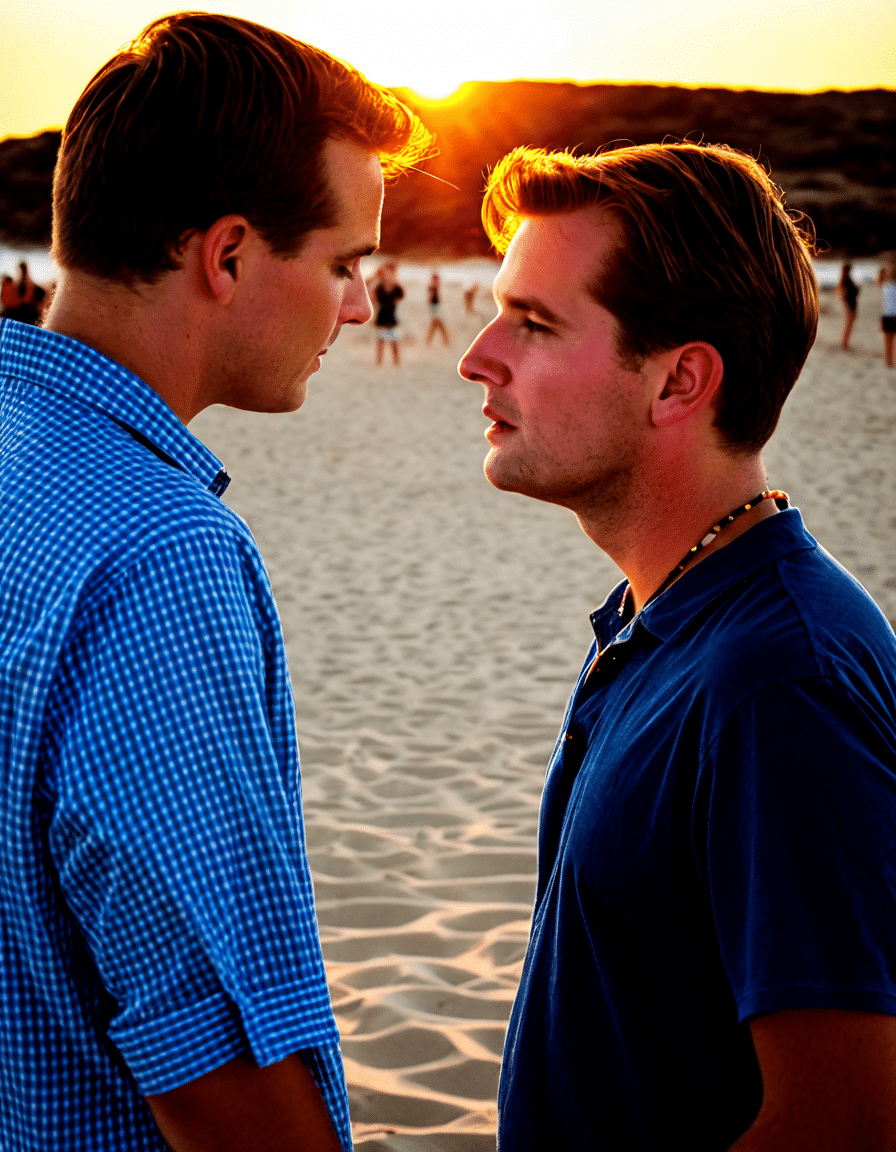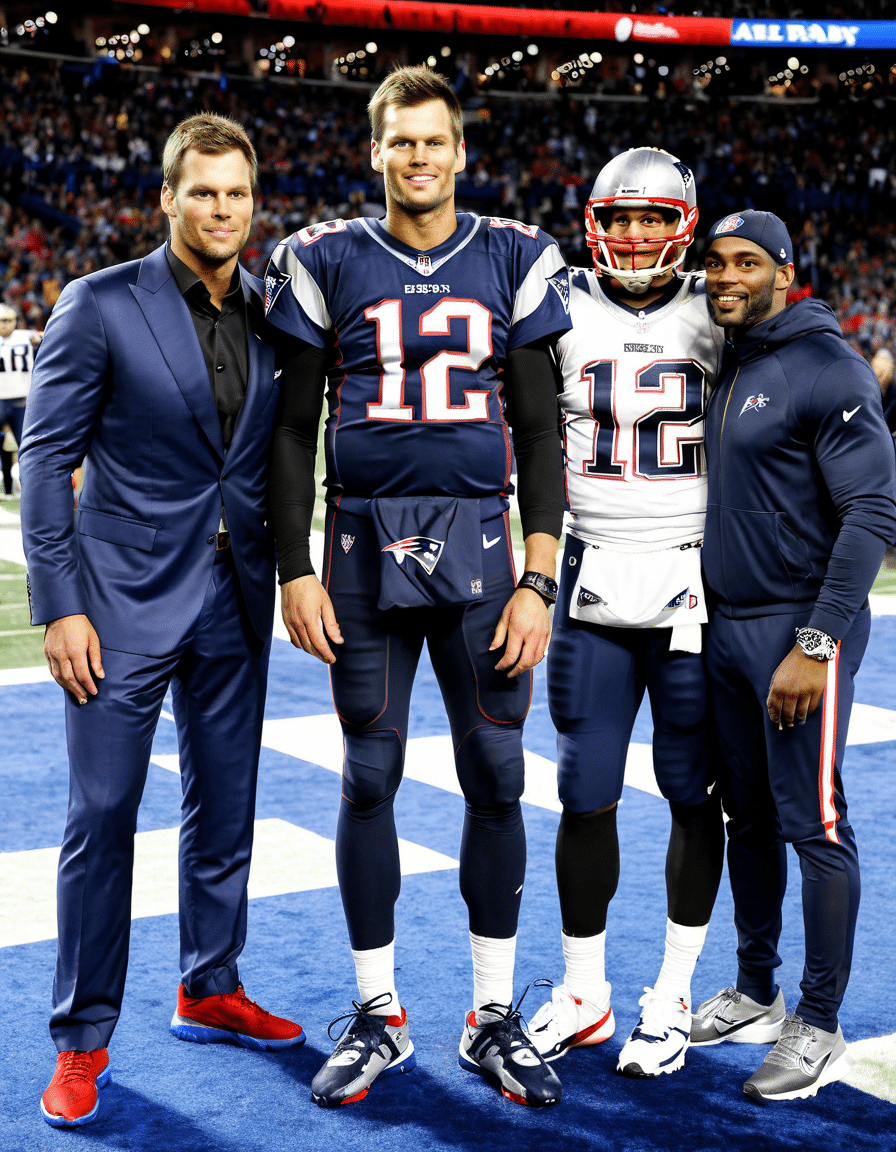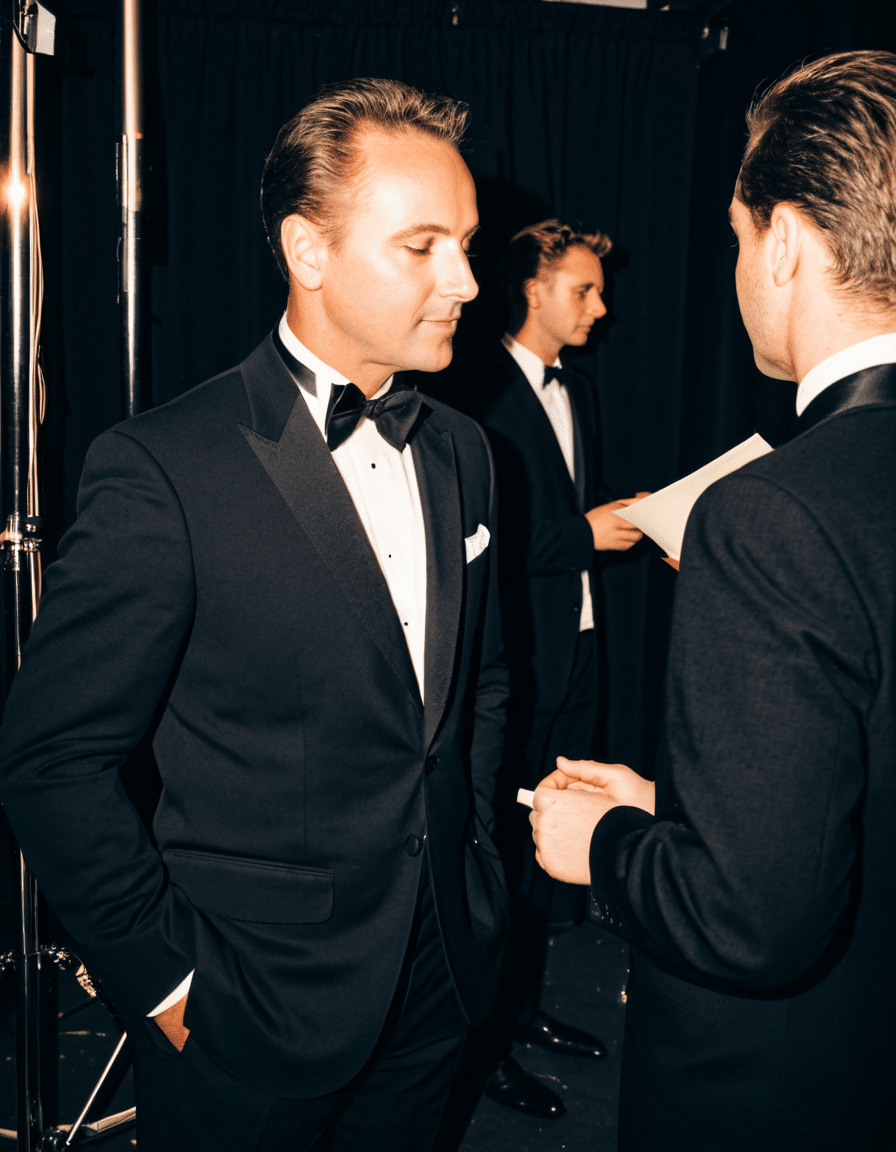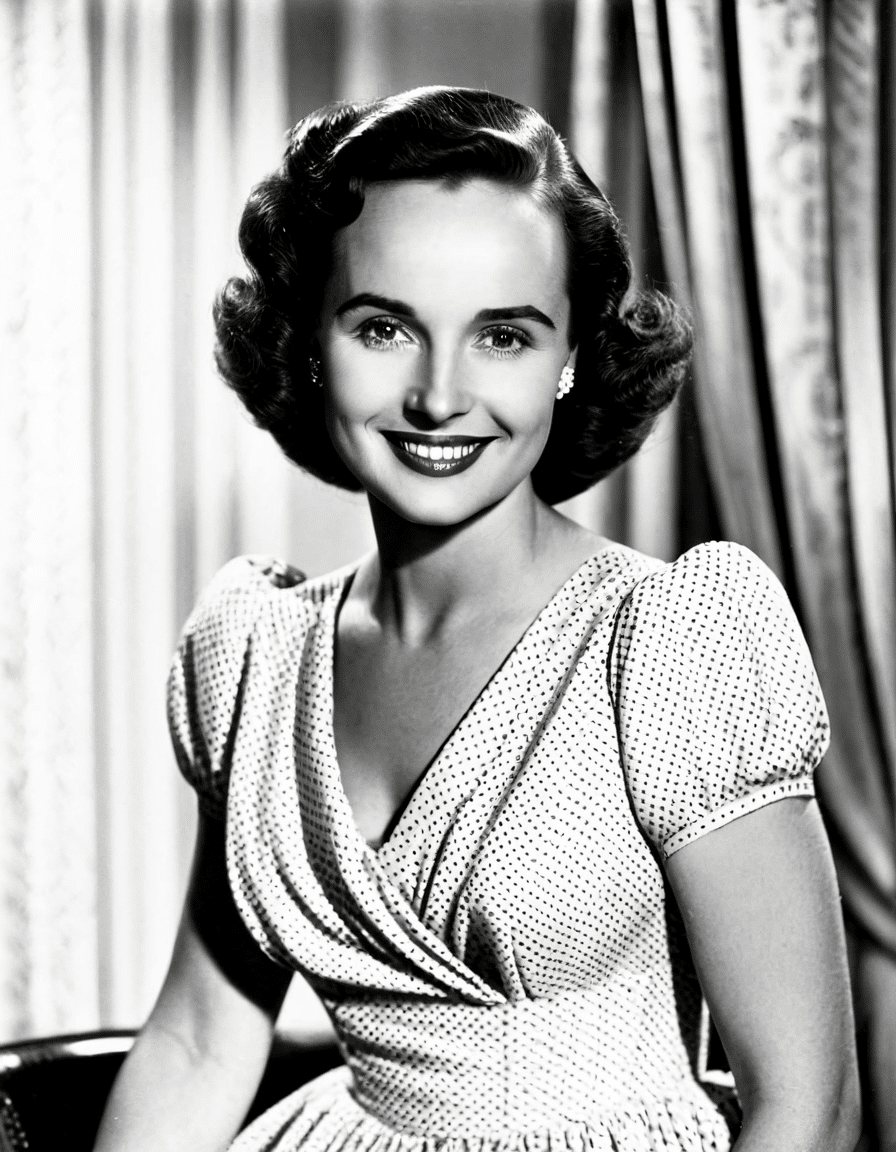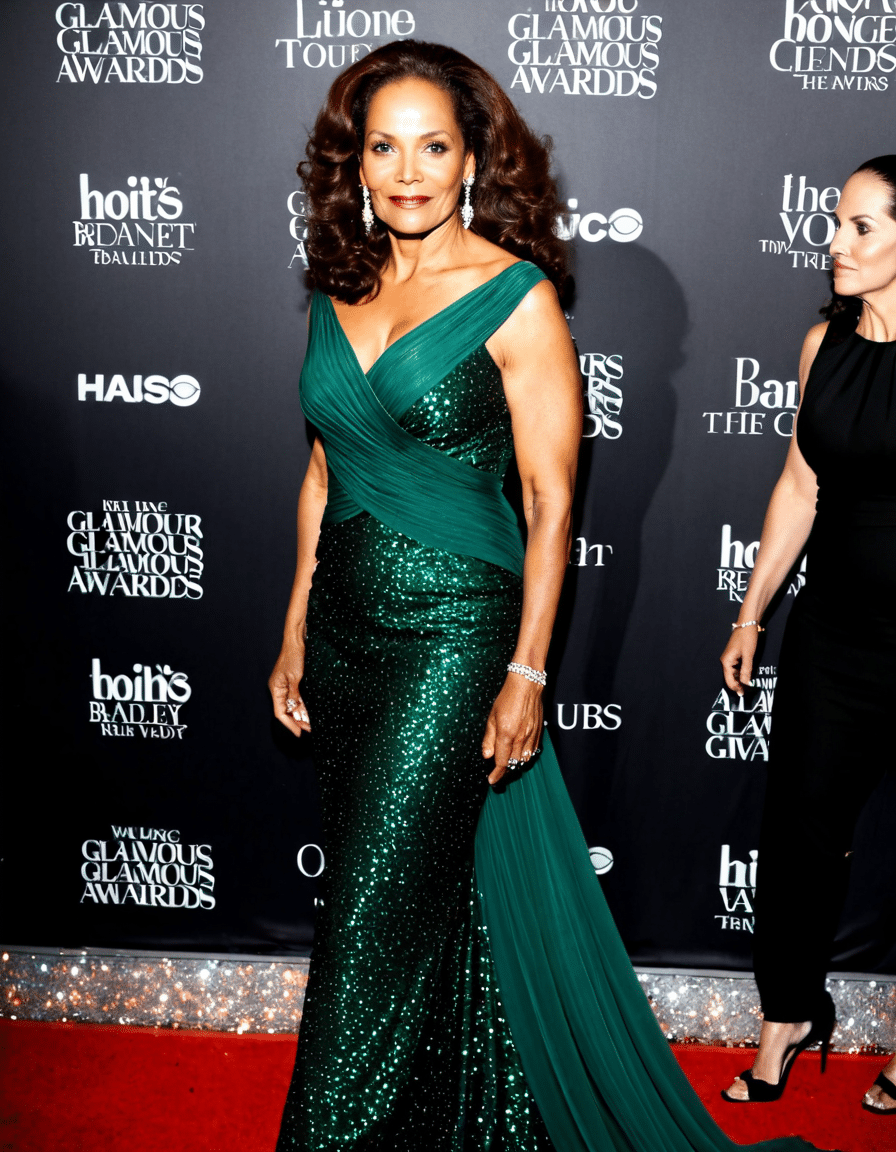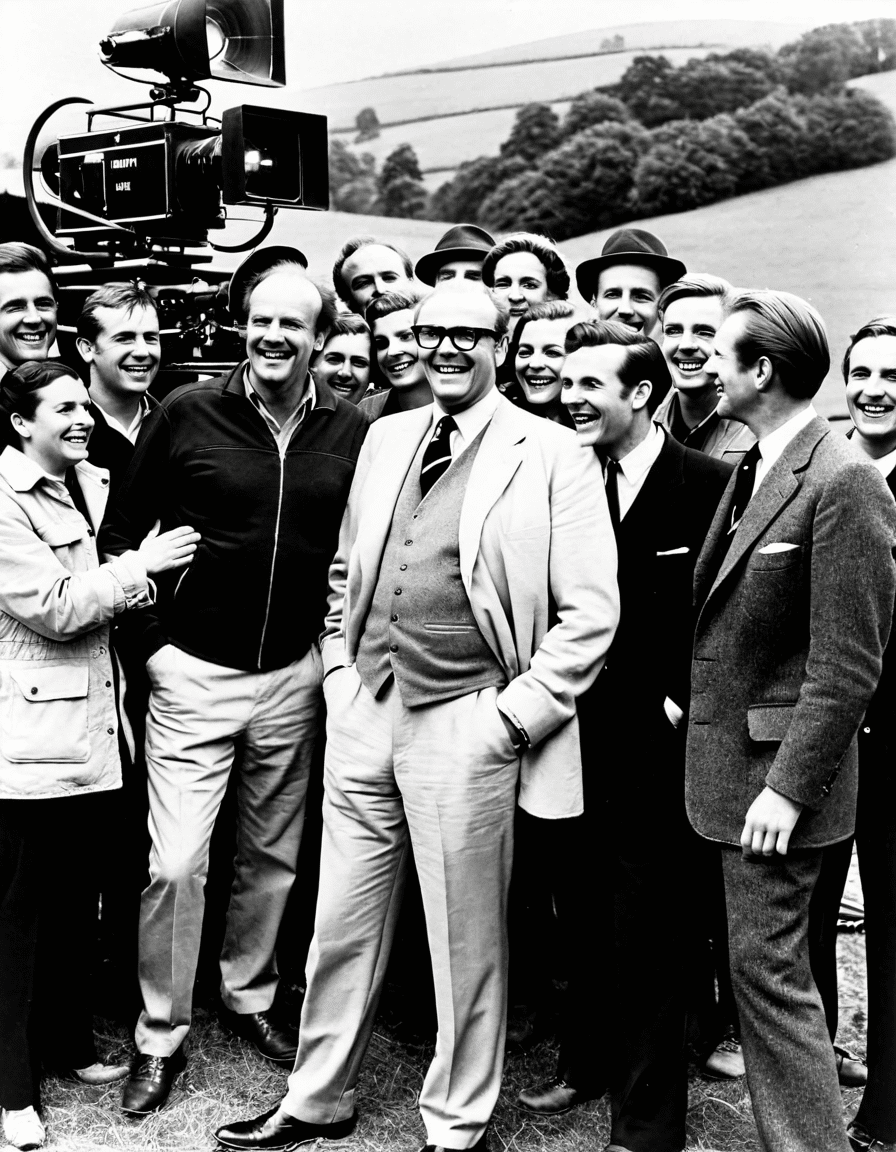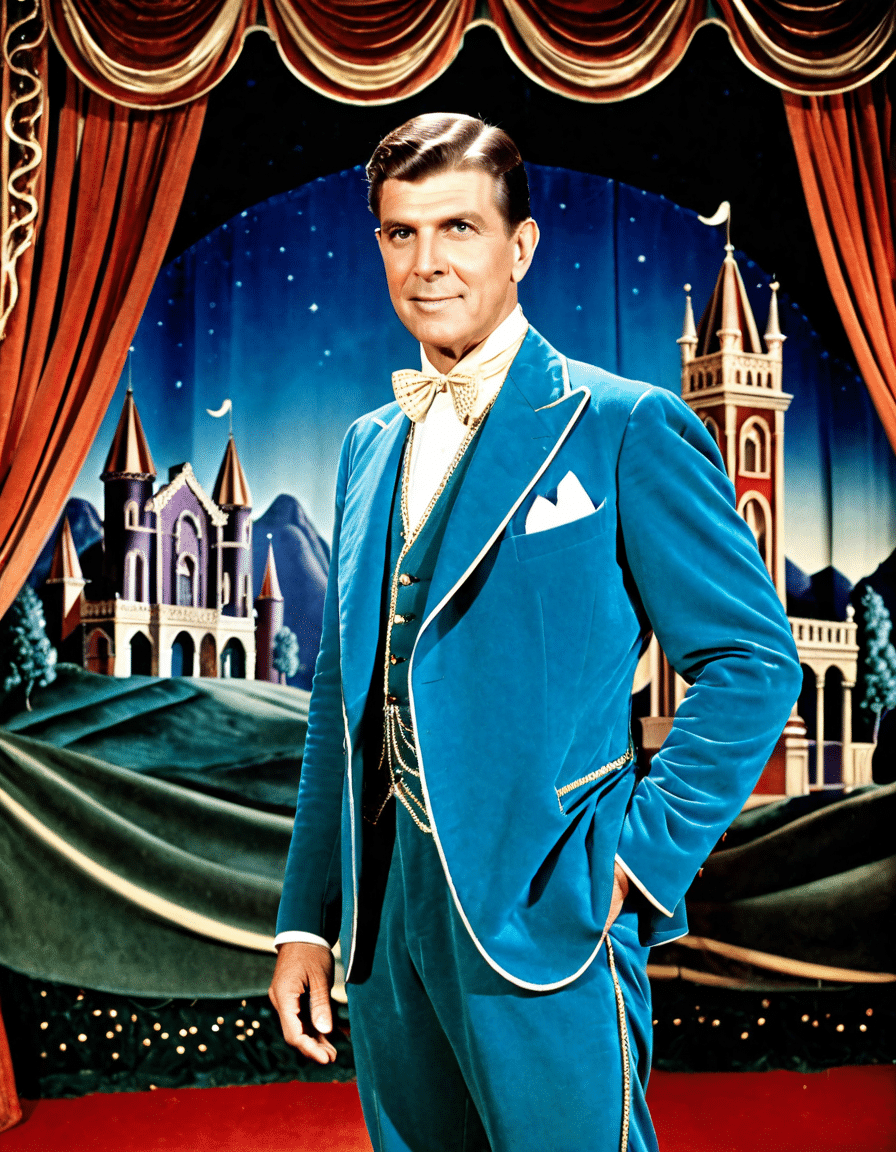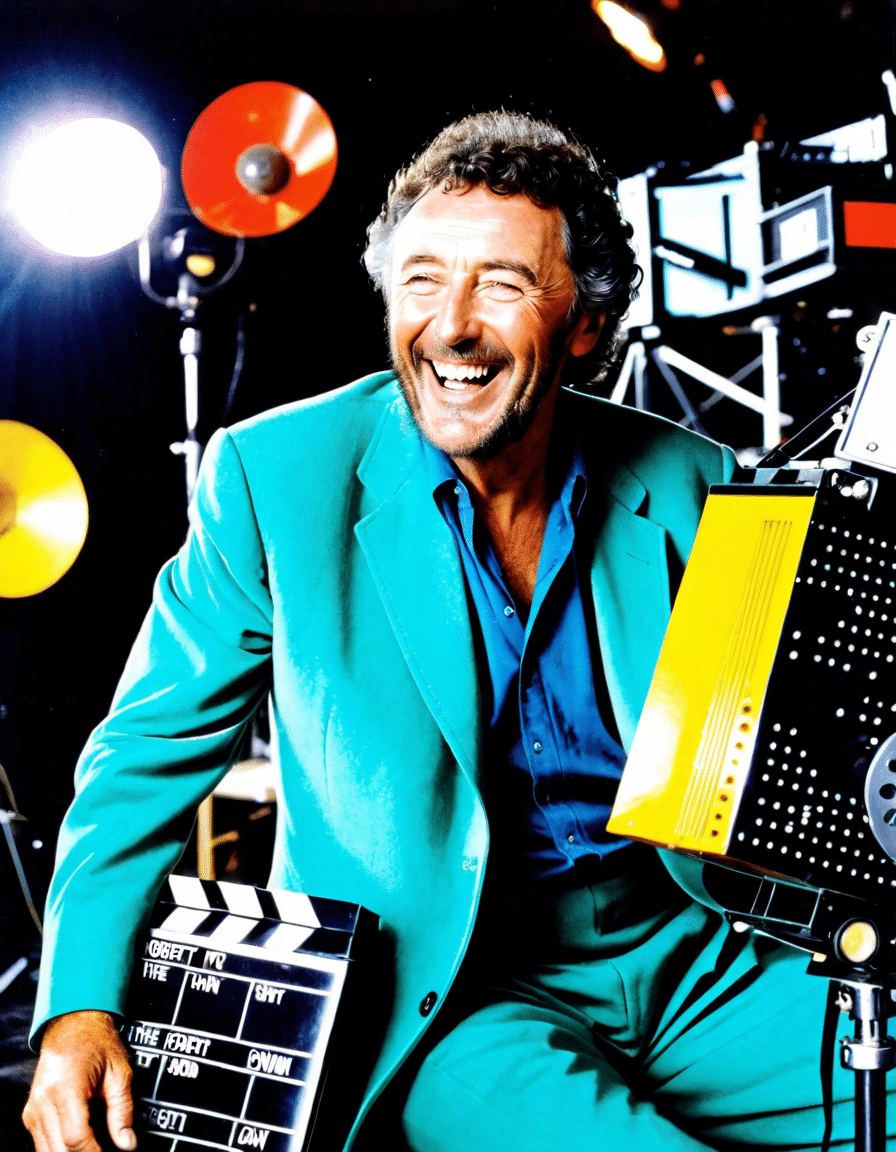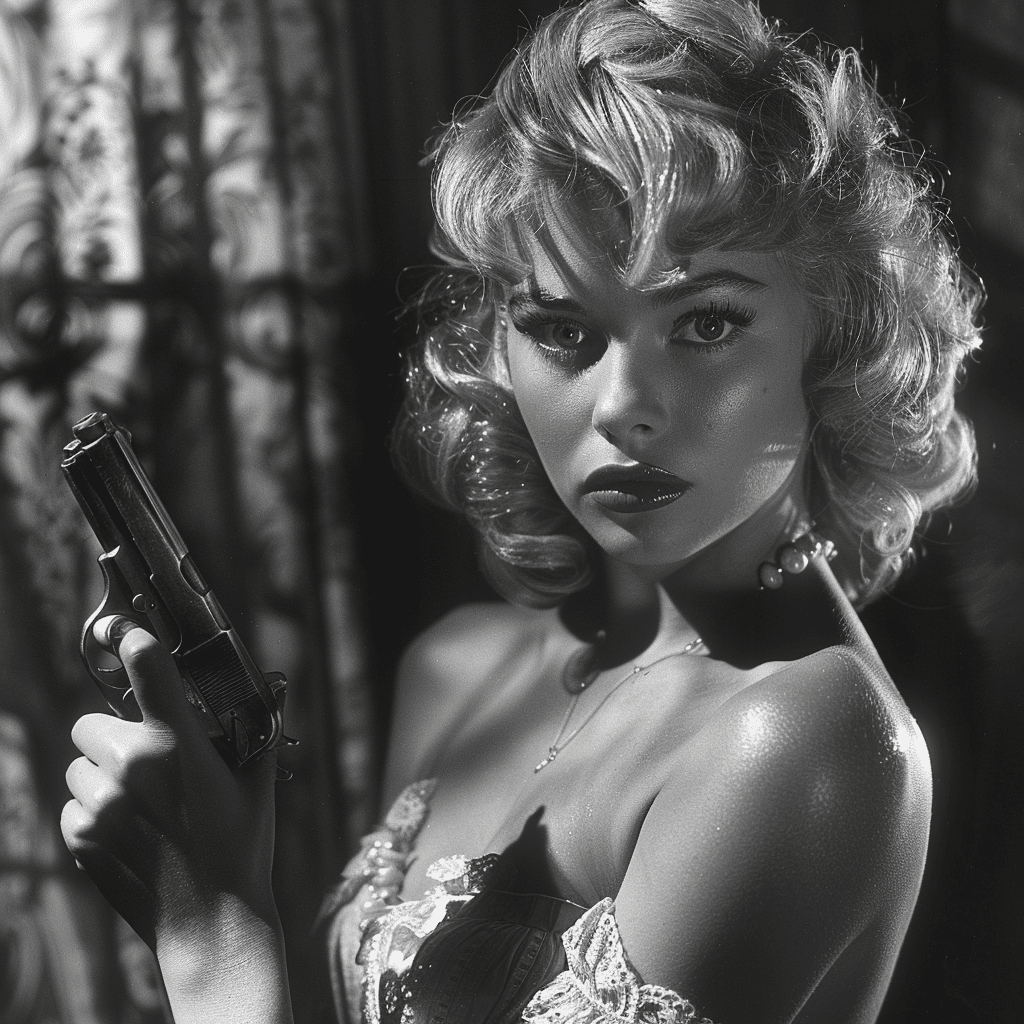When we think of horror legends, names like Vincent Price or Boris Karloff instantly pop into our minds, but let’s not overlook a truly remarkable figure in this genre. Michael Berryman, renowned for his distinctive appearance and captivating performances, has established an indelible mark in the horror landscape. His journey, filled with iconic roles, demonstrates why he’s not just a perfunctory player but a beloved icon among fans. From the taciturn terror of The Hills Have Eyes to his roles in contemporary horror, Michael Berryman stands tall, permanently etched in the annals of cinematic history. Here’s why you should know Michael Berryman.
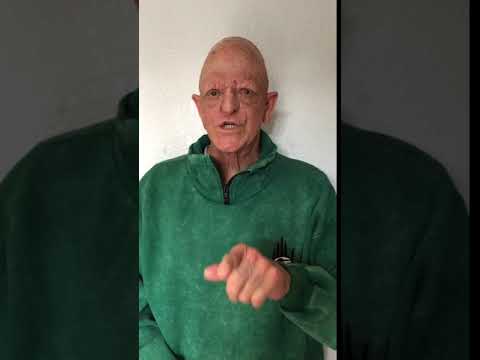
7 Reasons Why Michael Berryman is a Horror Legend
Berryman first caught our eye as “Pluto” in Wes Craven’s 1977 cult classic The Hills Have Eyes. With a look that’s instantly recognizable, thanks to his condition known as Hypohidrotic Ectodermal Dysplasia, he didn’t just play a character; he became a symbol of fear. Imagine watching a film that plays with the primal instincts of survival and horror, all encapsulated in one man’s haunting gaze. Berryman’s ability to evoke fear with minimal dialogue cements his role as a standout figure. It’s a performance that reminds us how powerful silence can be in horror.
Berryman’s career flourished thanks to partnerships with giants in the movie-making world. He’s ticked boxes with filmmakers like Rob Zombie and Tobe Hooper. For example, in Zombie’s The Devil’s Rejects (2005), he portrays a memorable character that merges the grotesque with dark humor. Such collaborations reveal not just his range as an actor but also the depth of his understanding of horror’s multifaceted nature. He seamlessly adapts to various styles, reinforcing why fans hold him in such high regard.
Michael Berryman has truly permeated pop culture, transcending his film roles. Fans can spot him in iconic television shows like The X-Files and even The Simpsons, where his larger-than-life persona resonates with audiences. These appearances signify more than just cameos; they emphasize representation in storytelling. His legacy inspires conversations surrounding beauty standards and fear, challenging the conventional frameworks that often dictate Hollywood narratives. It’s a reminder of how horror can reflect and confront societal norms with thought-provoking protagonists.
Berryman remains a staple at horror conventions across the globe, embodying the spirit of this vibrant community. Engaging with fans, he shares stories and experiences that foster a familial connection. His approachable demeanor has resulted in a loyal following, much like fellow icons such as Brian Pumper, who resonate with fans on a personal level. These conventions not only celebrate his work but also allow fans to feel part of a larger horror family which, in this industry, is as significant as the performances themselves.
It’s easy to peg someone like Berryman as exclusively a horror actor, but his versatility proves otherwise. He ventured into differing genres, such as comedy—Weird Science (1985) showcases this fact. Here, he steps outside the shadows, bringing charm and humor to his performances. This versatility underscores how Berryman doesn’t just remain confined to the horror genre; he skillfully navigates different styles and themes, endearing him to a broader audience.
Born with a rare medical condition, Berryman faced significant hurdles growing up. Instead of allowing obstacles to define him, he channeled his experiences into a passion for acting. His journey in Hollywood is a beacon of hope for many aspiring actors, particularly those grappling with self-image in an industry that often emphasizes conventional beauty. Berryman’s story is less about his appearance and more about persistence, emphasizing that true talent and resilience shine brighter than superficial standards.
The horror genre constantly changes, and Berryman’s adaptability has positioned him favorably. His engagement in contemporary horror films proves he’s not just a relic of the past but a contributor to the genre’s ongoing narrative. He recognizes how modern horror tackles pressing societal issues, including those reflected in the chaotic emotional landscape of The Doors. His willingness to adapt and evolve allows him to remain at the forefront, ensuring that future generations of filmmakers and fans recognize his lasting impact.
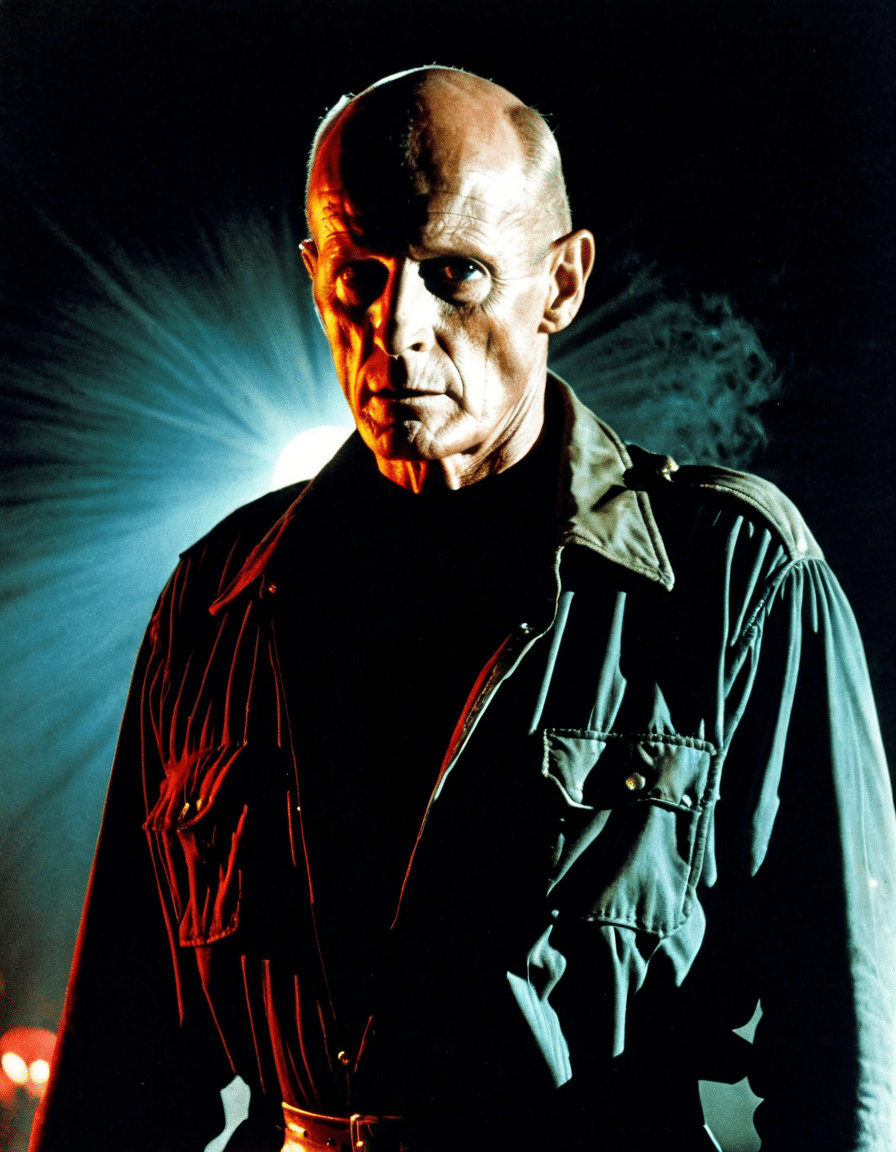
The Impact of Michael Berryman on Modern Horror
Berryman’s contribution to the horror genre runs much deeper than mere entertainment; he engages with cultural conversations that resonate with audiences. His work encourages critical discussions about representation and acceptance in filmmaking, showing how enriching authentic storytelling can be. As we seek transformative films that explore the darker aspects of humanity, Berryman’s involvement in these projects positions him as a guiding light for new talent.
The horror genre isn’t just about screams and spine-tingling plots; it’s about creating narratives that resonate on a fundamental level. Michael Berryman epitomizes this notion. His icon status not only serves as a reminder of history but also inspires current and future creators to delve deeper and embrace complexity. Horror, like life, is filled with myriad layers, and Berryman’s influence ensures that those layers are explored, dissected, and celebrated.
Through the lens of cinematic passion, the legacy of icons like Michael Berryman deepens our understanding of horror as a genre rich with implications and revelations. Let’s keep the spirit of exploration alive, acknowledging that figures like Berryman illuminate the path forward, revealing that the magic of the film industry is woven together by complex characters and compelling stories. If you haven’t yet experienced the enchanting world of Michael Berryman, make it a point to dive into his filmography; it’s a journey worth taking.
To uncover brilliant narratives and explore the magic of cinema, Kevin Hart once said, “When you get comfortable, you grow.” Michael Berryman embodies that growth and will continue to inspire us to face our fears and embrace our individuality. So, whether you’re a diehard horror aficionado or just dipping your toes in, remember that the realm of fright would be incomplete without the iconic contributions of Michael Berryman.
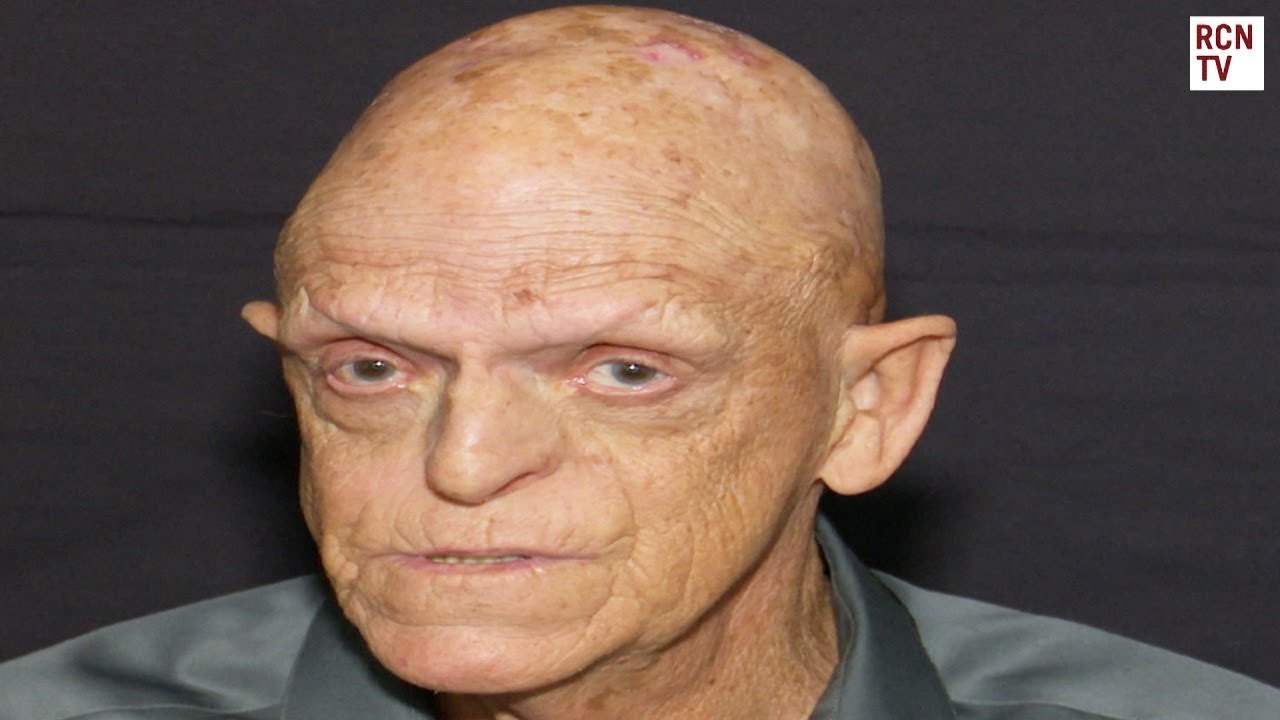
Michael Berryman: The Iconic Horror Star You Need to Know
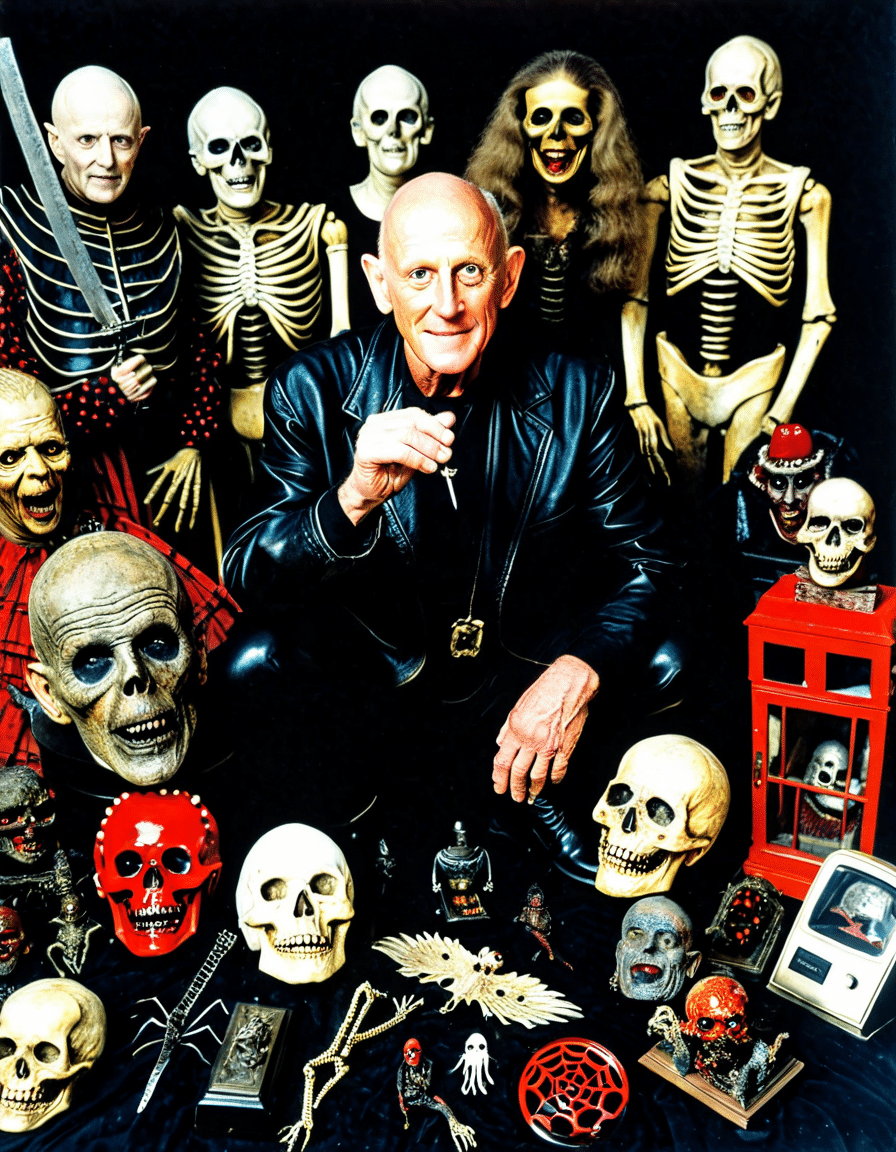
Unforgettable Oddities and Appearances
You can’t mention Michael Berryman without acknowledging his unforgettable appearance. With his unique facial features, Berryman has played a plethora of memorable roles in horror films, particularly in The Hills Have Eyes. Interestingly, he was born with a rare condition known as hypohidrotic ectodermal dysplasia, which affects his teeth, hair, and sweat glands—making him a perfect fit for the horror genre. But it’s not just his looks that make him a standout. His natural talent for portraying unsettling characters has drawn comparisons to the late Clark middleton, who also captivated audiences with his distinct presence in the industry.
Berryman’s contributions don’t end with chilling performances; he’s diverse in his acting roles, having appeared in various television shows and films. For example, he had a notable cameo in The Doors, the biopic about the iconic band, which highlighted his versatility beyond horror. Fans will be excited to know that he has also collaborated with emerging talent like Cassie Lenoir, who embody fresh energy in the entertainment scene.
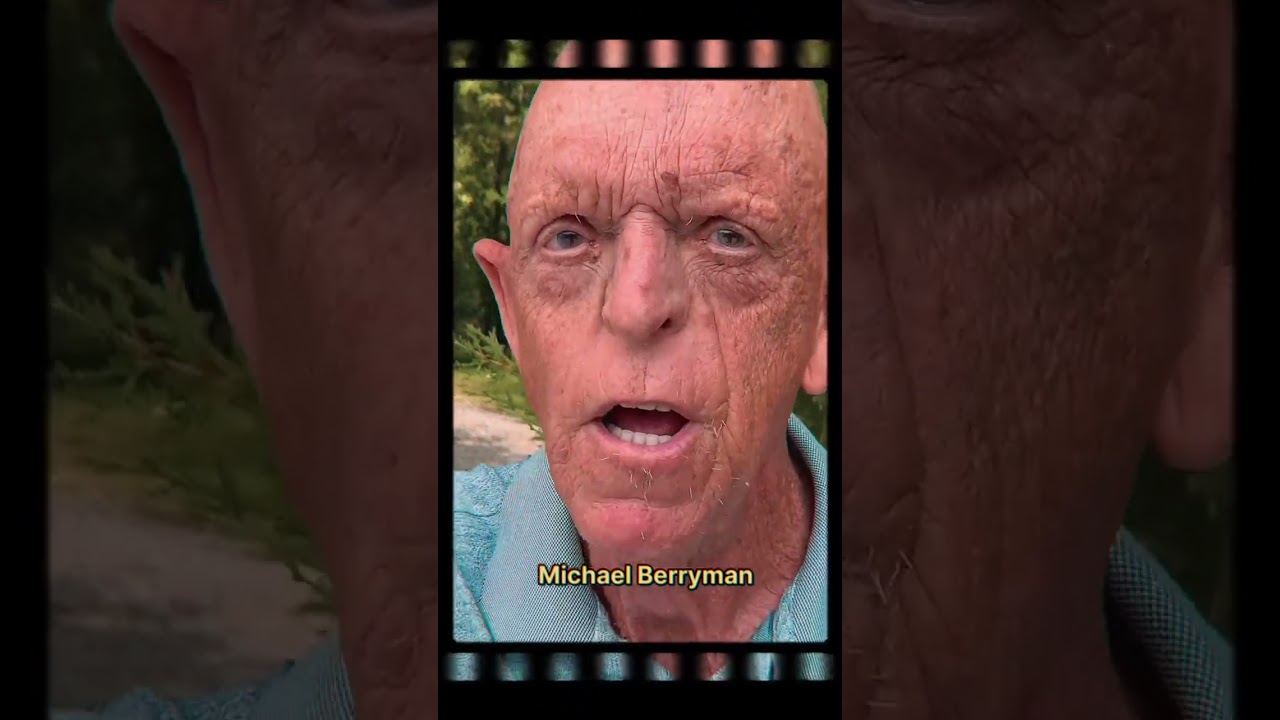
Behind the Scenes Fun Facts
When digging deeper into Michael Berryman, you’ll find he’s not just a horror icon—he’s a trivia goldmine! Did you know that, like many stars, he’s had his fair share of brushes with the unusual? One tale that stands out involves his unexpected encounter with The Rock during a wrestling event, where he received a warm reception from fans who were thrilled to see a horror legend among them. The event showcased not only Berryman’s popularity but also the shared love for artistry that transcends genres.
Fans of Berryman may also appreciate his interest in LGBTQ+ representation in the arts, which aligns with contemporary movements, such as the symbolism of the lesbian flag in various media. Additionally, it’s fascinating to learn about the creative process of directors like Chris Storer, who often seek to add an element of horror in their narratives, giving actors like Berryman the platform to shine. His journey mirrors the compelling tales of up-and-coming artists like Sophie Rain Of, reflecting a rich tapestry of talent within the entertainment landscape.
Culture and Influence
As Michael Berryman continues to make appearances at conventions, fans always hope to hear the behind-the-scenes stories. One of these anecdotes includes his friendship with singer Airie, who often champions the arts and encourages budding musicians to explore different avenues, much like Berryman in the horror industry. His passion for the craft and his willingness to share experiences are part of what has endeared him to fans for decades.
Finally, the horror community remembers Berryman’s impact through his roles, reminding audiences of relevance and fear within storytelling. Just as mystery surrounds the case of Sophie Barker missing, Berryman’s performances leave a lingering sense of intrigue long after the credits roll. While he may lean towards the dark and eerie, the legacy of Michael Berryman is one filled with character, charm, and a touch of the uncanny that will captivate audiences for generations to come.
